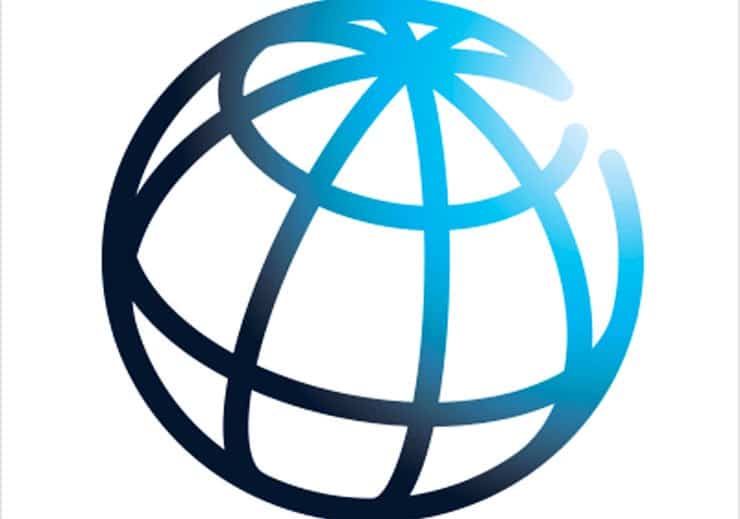The Maths Paradox: Indian schools fail to skill students for the future, finds study

Indian schools are failing to equip students with the required maths skills, needed to pursue future studies or face real-world problems, finds a study.
The study found that children working in markets are more skilled in the arithmetic calculations used in their daily work than non-working students.
They flexibly perform market transactions such that they rapidly adjust to correctly deal with transactions involving unusual quantities of the goods they sell.
However, these real-world competencies didn’t help them in performing better in school-based maths or tests.
In fact, most of them couldn’t solve elementary written or oral abstract problems of subtraction and division as presented in school.
This result is notable as these problems used the same maths base-ten compositional structure that they used to solve the market maths problems.
On the other hand, non-working school children performed more accurately than working children in solving simple abstract problems taught in schools.
However, they performed poorly on concrete problems involving several simple operations than their counterparts.
Moreover, their accuracy in school tests came at an extreme cost in speed, for they used more time in solving these.
The study has concluded that ‘neither group of children had developed the maths skills required for further study in maths, science, and many other disciplines’.
These findings point to a broader failure of the pedagogical practices in India to make usable connections between intuitive and formal understanding of maths ideas.
The pedagogy in place does not teach school students strategies to do maths in real-world settings.
The study has called for introducing financial education to public high school students as was the case in Brazil.
The method was effective not only in improving financial literacy but also in reducing school failure rates.
The study was conducted by IIM Kolkata, MIT Cambridge, New York University, and Harvard University on working and non-working students in India’s national capital Delhi.









